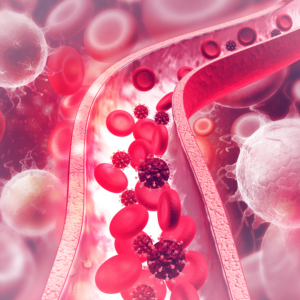The COVID-19 pandemic has had far-reaching effects beyond the immediate impact of the virus, notably disrupting healthcare services worldwide. A recent report by the World Health Organization’s International Agency for Research on Cancer (IARC) estimates that approximately one million cancer cases were missed globally due to lockdowns and healthcare disruptions during the pandemic.
Extent of the Disruption
The IARC’s comprehensive review encompassed 245 studies across 46 countries, revealing a substantial decline in cancer diagnoses, treatments, and screenings during the pandemic. The most significant decrease was observed in cancer screenings, with Australia experiencing the highest decline at 59%.
Contributing Factors
Several factors contributed to these missed diagnoses:
- Reduced Access to Healthcare: Lockdowns and the reallocation of medical resources to combat COVID-19 limited patient access to routine healthcare services.
- Suspension of Non-Urgent Care: Many healthcare facilities postponed elective procedures and screenings to focus on the pandemic response.
- Fear of Infection: Patients avoided medical facilities due to concerns about contracting the virus.
- Supply Chain Disruptions: The global supply chain faced challenges, affecting the availability of medical supplies necessary for cancer diagnostics and treatment.
Implications for Public Health
The delay in cancer diagnoses is expected to have long-term repercussions on patient outcomes and healthcare systems. Early detection is crucial for effective treatment, and missed or delayed diagnoses can lead to advanced disease stages at presentation, reducing survival rates.
Recommendations for Future Health Crises
The study emphasizes the need for flexible healthcare policies to ensure the continuity of essential medical services during global health emergencies. Implementing strategies that allow for the safe continuation of cancer screenings and treatments is vital to mitigate the indirect effects of such crises on non-communicable diseases.
Conclusion
The COVID-19 pandemic has underscored the interconnectedness of global health systems and the importance of maintaining comprehensive healthcare services, even amid a crisis. Addressing the backlog of missed cancer diagnoses and implementing resilient healthcare strategies are imperative steps toward mitigating the long-term impact on global health.




